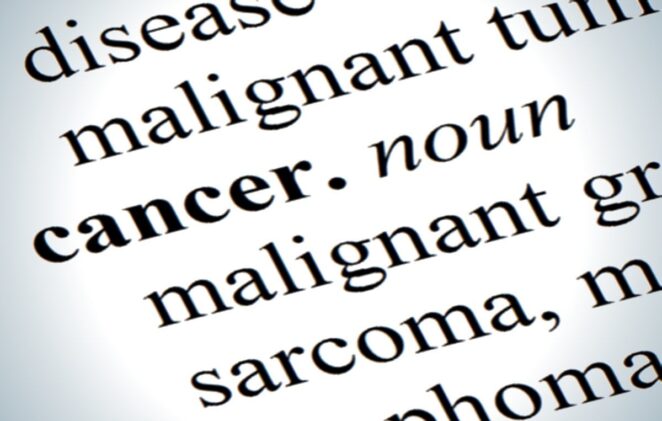
You can imagine the difficulties cancer might cause for anyone, but especially children. These young patients watch their friends laugh and play with overwhelming joy and energy. Rather than enjoying carefree play, these kids spend their time battling perhaps one of the common types of childhood cancers. It can steal away their joy. If given strong support and love, though, these children can fight the cancer and inspire others through their stories.
A Difficult Choice
One survivor, Elizabeth Zilka, received her first diagnosis at just 1.5 years old. Elizabeth suffered from cancer of her kidney, called Wilms Tumor. At that time, the doctors were able to successfully remove the tumor through surgery, but she did need chemotherapy and radiation treatments.
A few months later, Elizabeth was rushed to a children’s hospital in Minneapolis where she stayed in the ICU for an entire week. After closer investigation and a second medical opinion, Elizabeth’s mother finally heard an answer. The cancer treatments had severely damaged her daughter’s liver, and Elizabeth would need to recover before continuing treatment.
Her mother, Vicky Johnson, related how scary the situation was. According to her, “The doctors at the other hospital just wouldn’t explain exactly what was going on.”
Elizabeth went on to successfully beat the initial cancer. Several years later, however, doctors found the tumor back in her kidneys. The 5-year-old cancer survivor underwent another round of radiation and chemotherapy, and doctors suggested a final treatment to ensure that the cancer was gone.
Unfortunately, the chemotherapy had taken its toll, and doctors warned that she might die from a final treatment. At 8 years of age, Elizabeth made one of the most difficult decisions of her life. She chose to go home. Years after, Elizabeth is learning to take things day by day with the love and support of family and friends.
Summer Camp
A great way that young cancer patients can cope with their situation is to continue normal activities. Thankfully, a summer camp in Texas has taken up the mission to give young cancer patients some plain, healthy activity.
Camp Star Trail boasts fully accessible grounds and keeps a full medical staff on duty with the kids. Because of these safety measures, the children can do things like rock-climbing and swimming.
Damon Billek, a second-time camper, loves climbing the wall. In his early teens, Damon was diagnosed with a rare bone cancer and lost an arm because of it. Although young, Damon knows what it’s like to be close to death. After undergoing multiple surgeries and chemotherapy, he once slipped into a coma for two days.
These facts don’t keep him from scaling the wall and then flinging himself backward while attached to the zip line. At camp, the kids can find freedom in these normal, fun camp activities.
Music: It’s Just What the Doctor Ordered
Common Childhood Cancers
According to Rosewell Park Cancer Institute, children have a high chance of surviving cancer past 5 years. Even so, cancer is the second leading cause of death in children under age 15.
These young patients often get several common types of childhood cancers. It’s a good idea to familiarize yourself with them and watch for any warning signs.
- Acute Lymphoblastic Leukemia
This type of cancer is one of the most common in children. According to the American Cancer Society, leukemia accounts for 30 percent of cases and grows quickly. Patients will need immediate treatment. Symptoms include bone and joint pain, fatigue, weaknes, and bleeding or bruising.
2. Wilms Tumor
As stated in Zilka’s story, a Wilms tumor affects the kidneys. This cancer usually happens in young children around 3–4 years old and has a high survival rate. Symptoms include a swelling or lump in the belly, appetite loss, and fever. Wilms Tumor is not common in children over age 6.
3. Brain and Spinal Cord Tumors
This category is the second most common type of childhood cancer, making up 26 percent of cases. In children, the brain tumors often start in lower parts of the brain like the brain stem. If a child has a brain tumor, he may get frequent headaches and experience dizziness, vomiting, or trouble with balance, speech, or hearing.
Cancer changes everyday life for any patient, especially children. Child cancer patients have to explain their situation to uncomprehending friends and face difficulties seemingly well beyond their years. These children need unconditional love and support as well as normal kid activities to help them through their cancer. No matter the outcome, their stores can inspire others to have strength and hope in every situation.
